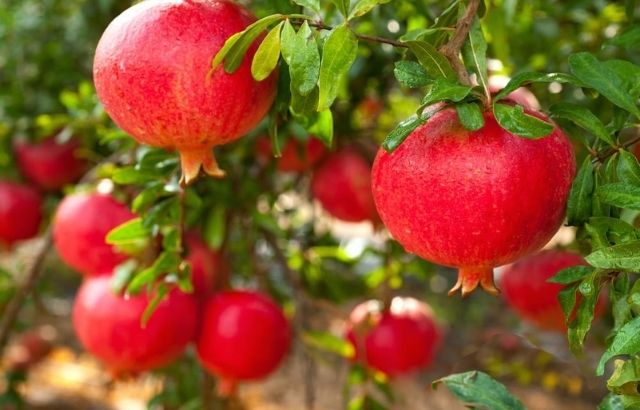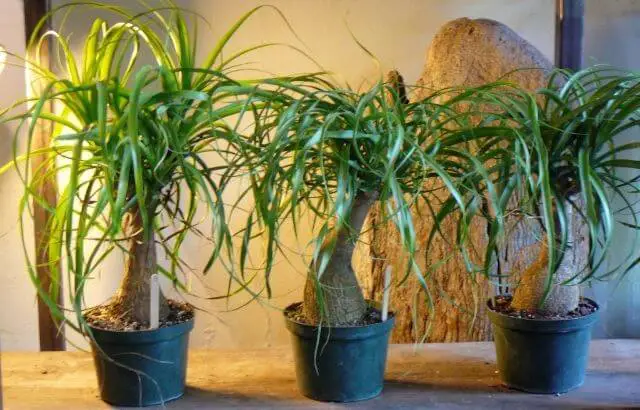When planting, you should trim the principal branches to the same height as the two eyes immediately above them. Consequently, the group will have more extraordinary substance. If necessary, prune any branches that are weak or dead. New, healthy stems will sprout and blossom. It would help if you pruned flowers after their blooming period, from June to October. Let’s see how to deadhead butterfly bush.
After the first year, in March of the second year, prune the main branches to within 5 to 10 cm of the ground. Never prune above an opposing pair of eyes. For a more symmetrical appearance, prune the thicker branches near the top of the bush while leaving the thinner ones longer. So, after the plant has completed flowering, you must remove the spent flowers.
How to Deadhead Butterfly Bush
Many people find it an invasive plant. So, you must pay attention to this, especially in its bloom period. To correctly prune our Butterfly Bush, we must follow a series of steps to extend the life and quality of our plants:
Step 1: Inspect the plant.
It would help if you inspected how your butterfly bush is doing to know its stage, according to what we said at the beginning of this article. Spring is the optimal time for pruning, between early and midseason.

If you prune the butterfly bush in early spring, it will have more time to recover and produce flowers. On the older, woodier plant structure, you should prune flowering branches from the previous year until they have only one or two remaining buds. Remove any stunted, lifeless, or feeble shoots.
To prevent the plant from becoming too tall, prune it annually to about 60 centimeters.
If the plant is in a windy area, reduce its height by half in the autumn. You can reduce the number of flowers produced by Buddleja alternifolia and Buddleja globulata by removing last year’s dead or diseased stems in the spring. It would help if you pruned these plants after they have bloomed. Pruning dead or dying flowers regularly promotes new growth.
Step 2: Cut stems at a 45-degree angle
Typically, you can prune shrubs using one of two methods. When thinning, a gardener will cut branches and twigs at their bases. The second method is “gradual renewal” pruning, in which the gardener removes all diseased and healthy stems from the shrub.

Utilize clean shears and shears when performing plant pruning. Cut branches at an angle of 45 degrees from the main branch, as close as possible to the main branch. Rip or tear the branch to prevent pests and diseases from entering the plant. Rinse the plant after performing light pruning to stimulate new growth.
Step 3: Remove foliage from the inside of the bush
We restrict the shrub’s growth to immediately correct its natural structure if it becomes deformed and prevent it from spreading to neighboring plants. The objective is to remove branches blocking the passage of air and light.
You can revitalize a bush by removing dead wood and reshaping young growth. This procedure is only performed in extreme cases on dying shrubs.

Pruning is required to maintain or improve flowering. So, you must consider the area’s growth, habits, and patterns.
When spring arrives, it is time to prune shrubs whose foliage provides the primary aesthetic benefit. This pruning should be performed to promote the development of new branches that produce a profusion of distinctive leaves.
Step 4: Deadhead additional flowering stems
The plant must be thoroughly soaked for the insecticide to reach all plant parts, including the stems, where larvae are most likely to hide. Due to their lack of symptoms, most active substances require direct contact with the larvae or persistence in plant material until the caterpillar consumes it.

Spring and summer preventative measures include foliar spraying with any insecticide every 14-21 days. However, we will employ the control strategy each week if symptoms are observed on the plant.
Step 5: Snip off any discolored or mushy foliage
A curative schedule may only allow spraying every seven days. A preventive schedule may only allow applications every fifteen to thirty days.

The optimal time to prune slow-regrowing species is either just before the onset of vegetation or in late autumn when the plant has had ample time to form adventitious buds. It would help if you considered the possibility of frost damage when dealing with particular species.
Expert Opinion
Repeat the same pruning procedure each March to maintain the shape achieved in the second year. After the plant has completed flowering, you must remove dead or wilted blossoms.
The shrub is frequently overgrown with tangled branches. Remove any shaky branches and those that penetrate the interior of the bush.
This melliferous shrub blooms in the spring with gorgeous flower panicles at the ends of long, extending secondary ramifications. Given this plant growth pattern, Buddleia sizing should be completed by the pruning period (late February to mid-March, depending on region), if not earlier.
It would help if you did this when the sun is shining, the rain has stopped, and the worst of winter’s cold has passed. A late pruning, in April or May, for instance, when the shrub is already in full bloom, would reduce the upcoming flowering. So, in the worst-case scenario, depriving the shrub of its flowers entirely.




